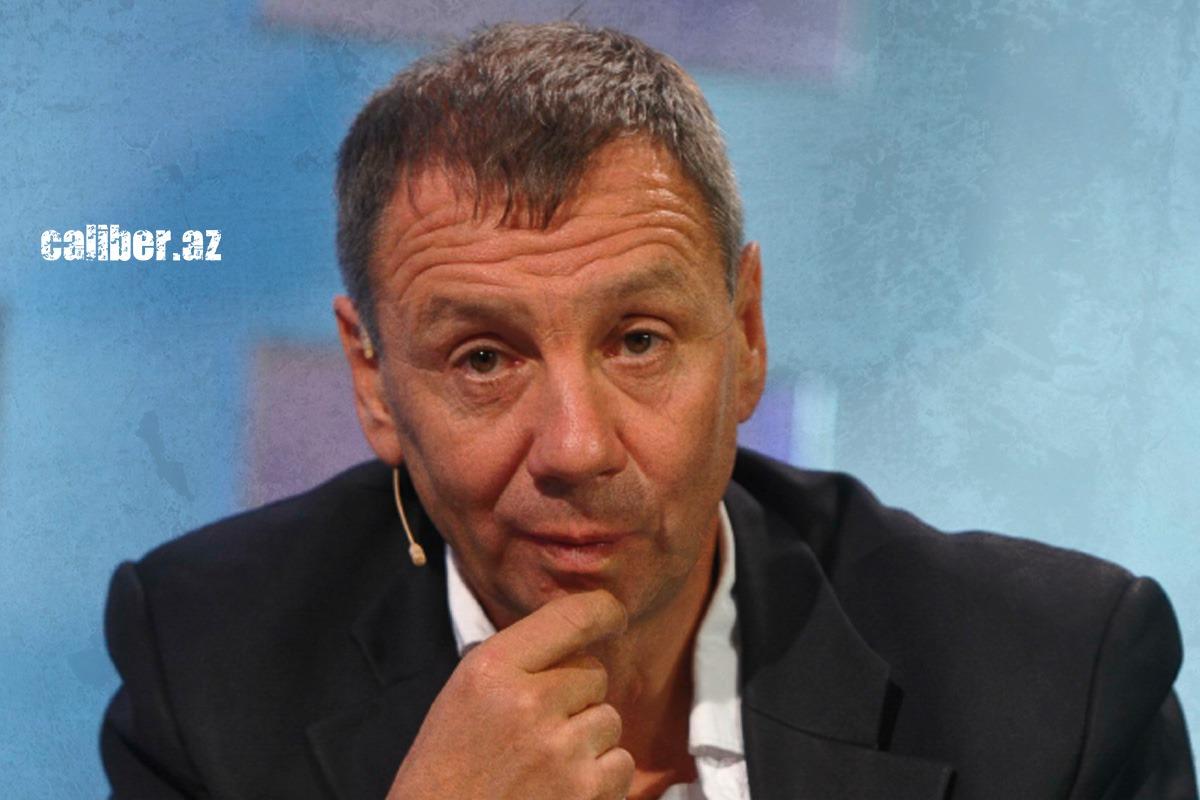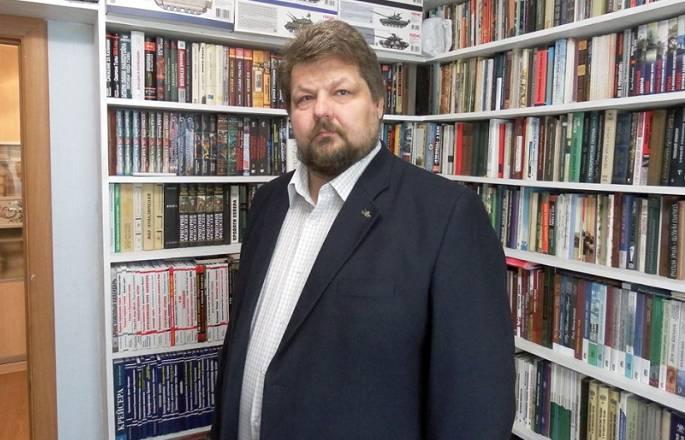Armenia risks losing sovereignty and becoming foreign-controlled protectorate Russian pundits talk to Caliber.Az
The reaction to the provocative actions of the Armenian side in the frontier region on February 12 reiterated the unilateral and openly pro-Armenian stance of the EU and France, which is reminiscent of double standards. Therefore, in the current situation, it is interesting to note the position of the United States and Russia, which also moderated the Armenian-Azerbaijani negotiations in the past.
Let us recall that at a briefing on February 12, US State Department spokesman Matthew Miller urged the sides to negotiate, noting that Washington supported continued dialogue between Azerbaijan and Armenia. "We certainly support the continuation of dialogue on this issue. We believe that's the best way to reach a sustainable solution, and we will continue to pursue that," Miller said.
Speaking to reporters, Assistant Secretary of State for European and Eurasian Affairs James O'Brien said the US will continue to try to bring the positions of Armenia and Azerbaijan closer together. The US diplomat noted that the current tensions point to the importance of intensifying diplomatic efforts. "I don't want to speculate on any specific recent actions, so we're just going to continue down the path of trying to bring the sides closer together," O'Brien said.
In contrast to the EU, the US has taken a more neutral stance on the situation, as is clear from statements by US diplomats.
Russia, for its part, also called on Armenia and Azerbaijan to refrain from clashing. Kremlin spokesman Dmitry Peskov said Moscow was continuing contacts with both sides and would closely monitor the situation. He stressed that the escalation does not contribute to the progress of the negotiation process. At the same time, Colonel-General Andrei Serdyukov, head of the CSTO Joint Staff, told a briefing that "the CSTO sees a high potential for conflict on the Armenian-Azerbaijani border".
"We can see the attempts of certain states at strengthening their own positions in the South Caucasus, at getting their hands on the resources of the Caspian Sea, at gaining direct access to Central Asia," he said, cited by TASS. - To that end, the high conflict potential of the Armenian-Azerbaijani border is being actively exploited."
According to Serdyukov, the West seeks to influence the post-conflict settlement between Baku and Yerevan despite Armenia's membership in the CSTO: "Even though Armenia is a member of the CSTO, external attempts to influence the format of the Baku-Yerevan post-settlement continue".

Speaking to Caliber.Az, Russian political activist Sergei Markov noted that Moscow isn't blaming either side in the current situation, trying to maintain neutral moderator status.
"Russia offers Armenia and Azerbaijan to move forward on the issue of border demarcation and delimitation, to return to the issue of opening the Zangezur corridor. At the same time, Russia blames external forces for the aggravation of the situation on the Armenian-Azerbaijani border. These are the EU countries, led by France, which are trying to infiltrate the South Caucasus under the pretext of moderation. To this end, Paris wants to provoke a new conflict in the region so that Armenia will have the opportunity to openly declare that Russia, for example, cannot protect Armenia. That is why it is appealing to other countries, in particular France, with a request to strengthen its political and military presence in Armenia, in the region and, in general, in negotiations with Azerbaijan," Sergei Markov believes.

Russian military expert Alexei Khlopotov is confident that Armenia and the Karabakh clan will continue to provoke armed conflicts.
"This may lead to Azerbaijan conducting a military operation in self-defence, possibly resulting in the creation of a corridor to Nakhchivan through military force, depending on the political situation," he noted.
Armenia may lose its sovereignty and become a temporary protectorate under external control, Khlopotov believes.








